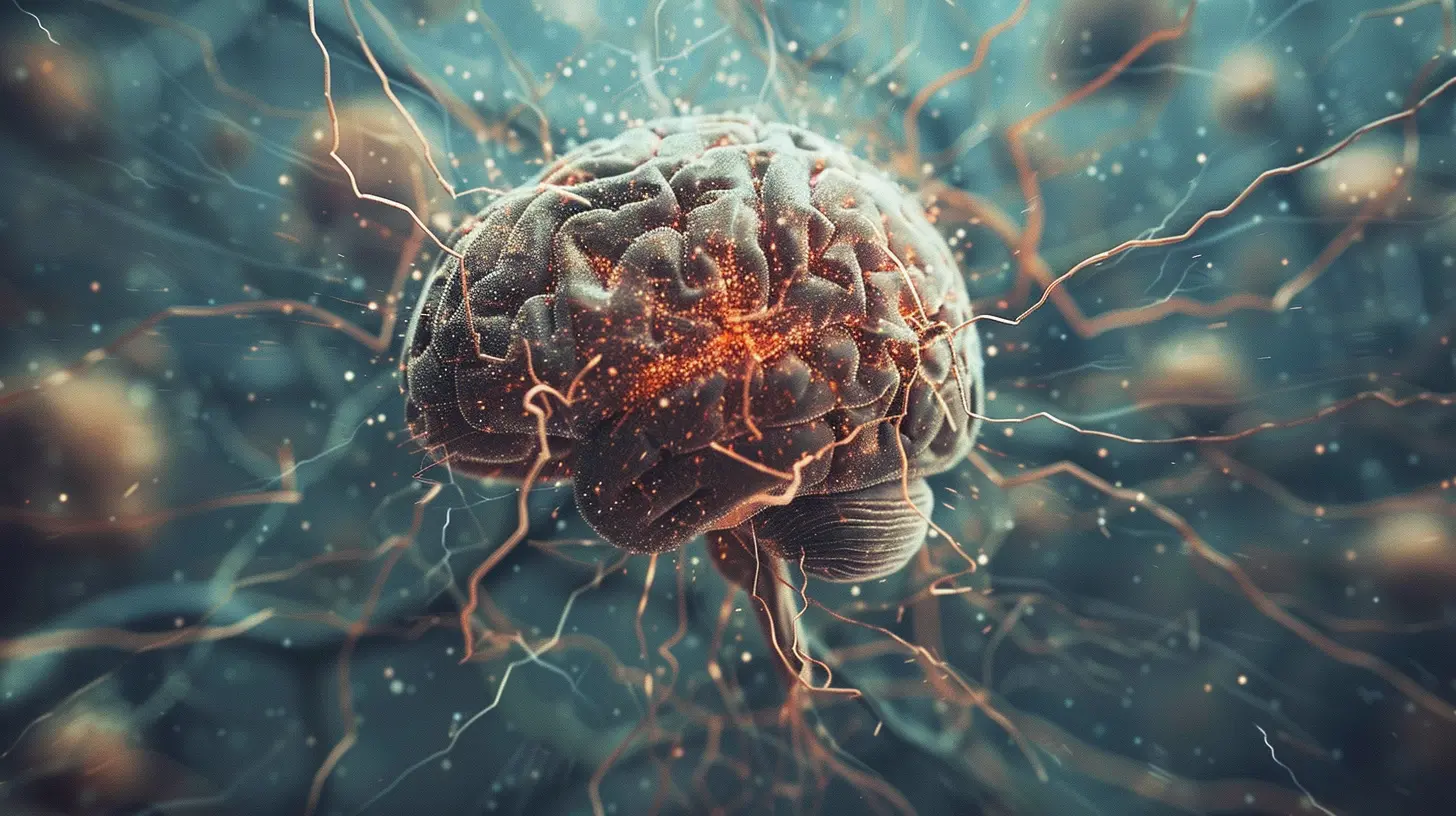18 April 2025
Have you ever wondered why some habits stick effortlessly while others seem impossible to maintain? Whether it’s hitting the gym, reading more, or waking up early, habits shape our daily lives. But the good news? You can rewire your brain to adopt healthier behaviors.
Understanding the science behind habit formation can make this process smoother. So, let’s break it down and uncover how you can train your brain to build lasting habits. 
What Are Habits and Why Do They Matter?
A habit is simply a routine behavior that happens almost automatically. Think about brushing your teeth, making your morning coffee, or reaching for your phone first thing in the morning. These actions require little to no thought because your brain has wired itself to perform them on autopilot.Habits make life easier by reducing the mental energy we need for decisions. They help us conserve brainpower for more important choices. But they can also work against us when bad habits take control.
The good news? Your brain is remarkably adaptable, and with the right approach, you can reshape your habits. 
The Science of Habit Formation: The Habit Loop
Psychologists have identified a simple pattern behind every habit. It’s called the habit loop, and it consists of three key components:1. Cue (Trigger)
This is what sparks the habit. It could be a specific time, place, emotion, or event. For example, feeling stressed might trigger the habit of biting your nails.2. Routine (Action)
The behavior itself—either good or bad. This could be drinking a glass of water, going for a run, or scrolling endlessly on social media.3. Reward (Outcome)
The positive feeling or benefit you get from completing the habit. This can be physical (like a caffeine boost from coffee) or emotional (like relief from stress).Once this loop is repeated enough times, your brain strengthens the connection, making the habit automatic. 
Neuroplasticity: How Your Brain Can Change
Your brain isn’t set in stone. It has a remarkable ability to change and rewire itself—this is called neuroplasticity.When you repeat an action, your brain strengthens the neural pathways associated with it. Think of it like carving a path in the woods. The more you walk the same route, the clearer and more automatic it becomes.
The same applies to habits. Repeated behaviors strengthen neural connections, making them second nature over time.
The best part? You can take advantage of this process to reprogram your brain with better habits. 
Breaking Bad Habits: Why It’s Hard (But Totally Possible)
If habits are automatic, why is breaking bad habits so difficult? The answer lies in dopamine, the brain’s "feel-good" chemical.Every time you indulge in a habit (good or bad), your brain releases dopamine, reinforcing the behavior. That’s why unhealthy habits—like smoking or binge-watching TV—are tough to quit. They create an instant feeling of pleasure.
So how can you break free?
1. Identify the Trigger
Find out what sparks your bad habit. Is it stress? Boredom? Social pressure? Once you know the trigger, you can interrupt the pattern.2. Replace It with a Positive Alternative
Instead of trying to eliminate the habit completely, swap it with something healthier. Want to quit snacking late at night? Replace junk food with a cup of herbal tea.3. Make the Habit Harder to Do
Reduce the temptation by creating obstacles. If you check your phone too often, keep it in another room. If you want to stop ordering fast food, delete the food delivery apps from your phone.4. Be Patient with Yourself
Breaking a habit doesn’t happen overnight. It takes consistent effort, but every time you resist the urge, you weaken the old neural pathway.How to Build New Habits That Stick
Now that we know how habits form, let’s talk about building new, positive habits that actually last.1. Start Small
Don’t aim for massive changes overnight. Instead of saying, “I’ll work out for an hour every day,” start with a five-minute workout. Once this becomes a routine, you can build up from there.2. Use Temptation Bundling
Pair something you love with a habit you’re trying to build. For example, if you want to exercise more, only allow yourself to listen to your favorite podcast while working out.3. Set Up Your Environment for Success
Make good habits easy and bad habits hard. Want to drink more water? Keep a bottle on your desk. Trying to read more? Place a book on your pillow so you see it before bed.4. Track Your Progress
Seeing your progress helps reinforce the behavior. Use a habit tracker, mark an ‘X’ on a calendar, or use an app that keeps you accountable.5. Reward Yourself
Your brain loves rewards. Celebrate small wins—whether that’s treating yourself to a movie after a week of sticking to a new habit or simply acknowledging your progress.6. Stay Consistent
Repetition is key. The more you repeat an action, the stronger the habit becomes. Even if you miss a day, don’t let it derail your progress—just get back on track the next day.How Long Does It Take to Build a Habit?
You’ve probably heard the myth that it takes 21 days to form a habit. The truth? It varies.According to research from University College London, it takes an average of 66 days for a new habit to become automatic. But it depends on the habit, the person, and the circumstances.
The takeaway? Focus on consistency rather than speed. The more effort you put in, the faster your brain will adapt.
Final Thoughts: You Have the Power to Rewire Your Brain
Your brain is constantly evolving, and habit formation is a skill you can master. By understanding the habit loop, utilizing neuroplasticity, and making small, consistent changes, you can create lifelong habits that improve your health, productivity, and overall well-being.Breaking bad habits may be tough, but armed with the right strategies, it’s entirely possible. Remember, habits shape your future—so why not take control and design the life you want?
Start small, stay consistent, and watch your brain work its magic.


